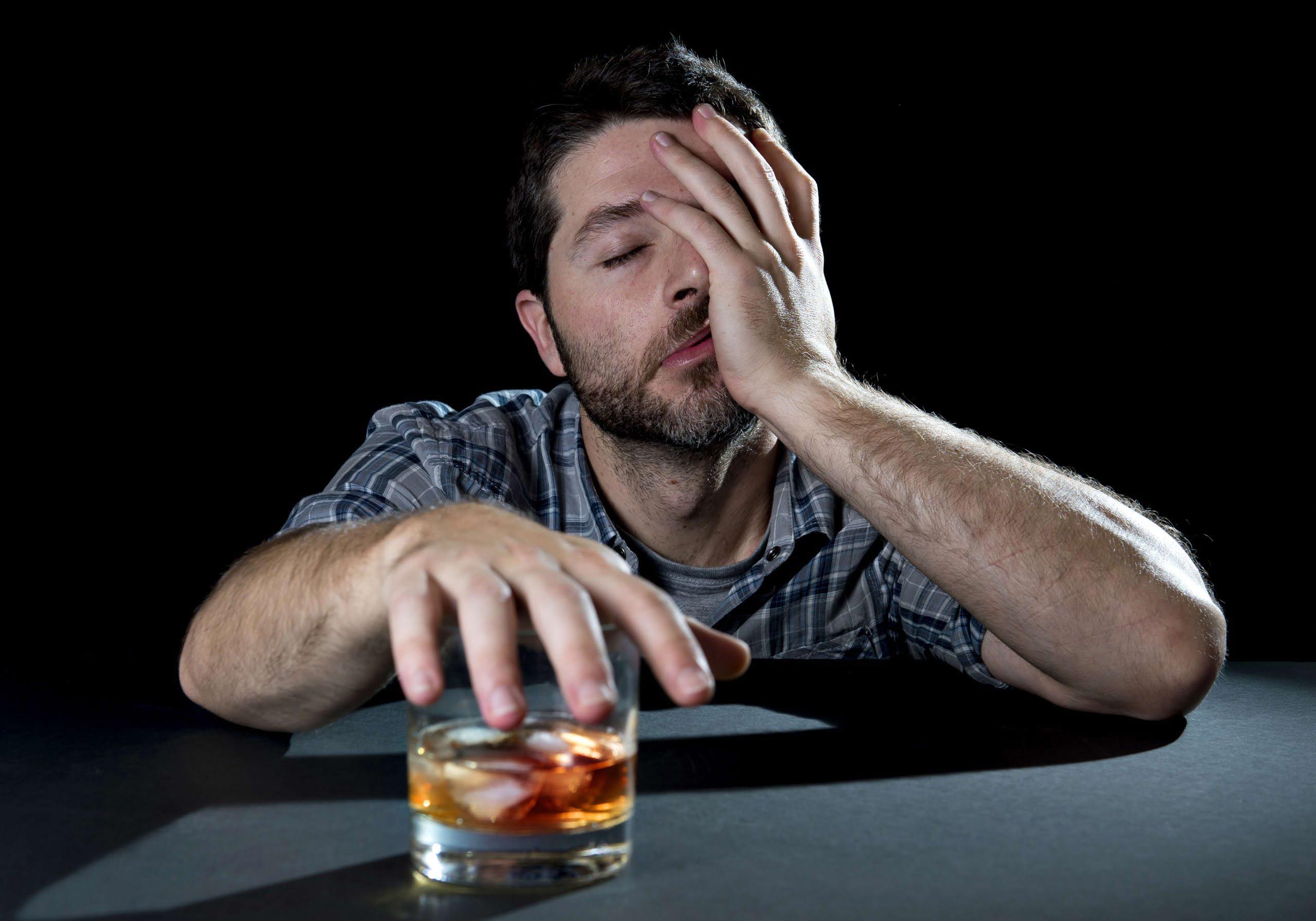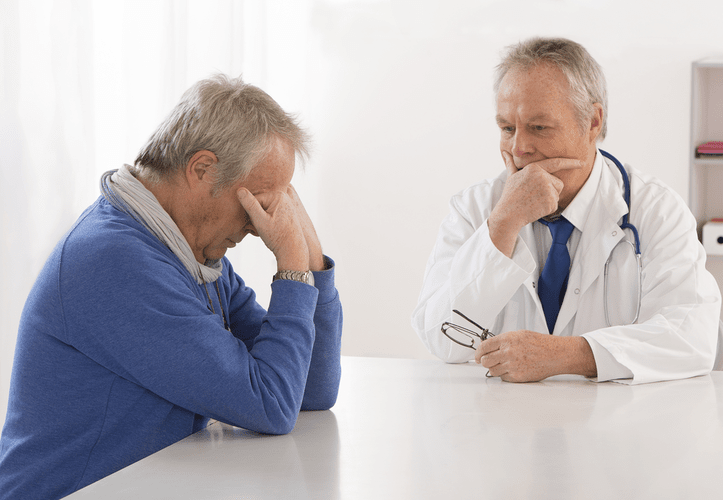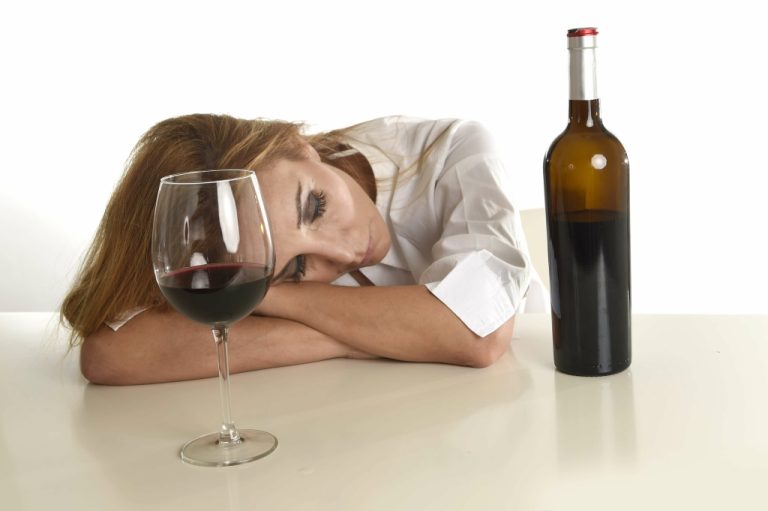The relationships with my family and friends that I did have were shaky at best. I wanted to change, but found I was unable to on my own. The structure of the Roots program was exactly what I needed. It gave me purpose and I saw women around me that were happy and succeeding in life. I felt inspired again, and became willing to do whatever it took to live a sober, content life.
A Season for Growth, Awareness, and Hope
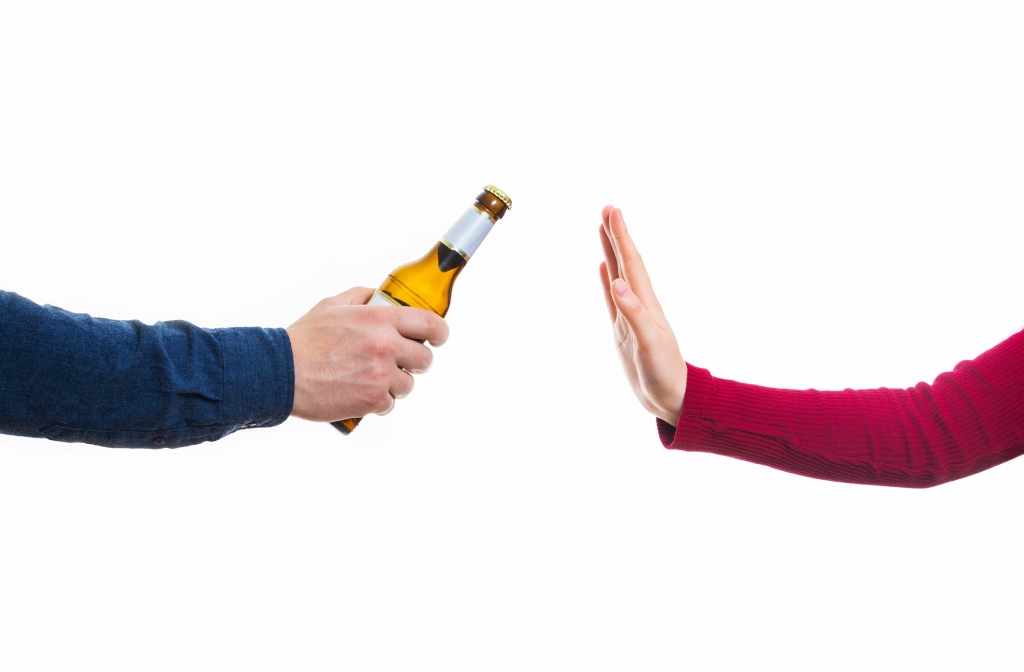
Perhaps most importantly, I needed people who shared my passion for helping others and my commitment to client satisfaction. My desire to get high was a priority and all other relationships suffered. My relationships with peers revolved around drug use.
WHAT CLIENTS ARE SAYING ABOUT ROOTS RECOVERY
We have two adult children and seven grandchildren. The day we see Eric again I want him to be proud that we lived life to the fullest, but always kept him in our heart. During that time, I was introduced to the twelve steps. I was told to get a sponsor, do step work, join a home group, and develop a network. Eventually, the program pulled me in and I began going for the right reasons.
Anhedonia After Addiction: Navigating the Path to Emotional Recovery
Injuries not only disrupt an athlete’s training and competition schedule but can also shatter their confidence and motivation. The fear of not being able to perform at the same level, or even at all, can be overwhelming. This is where sports injury rehabilitation plays a pivotal role in restoring both the body and the athlete’s confidence. No matter what stage of recovery someone may be in, addiction recovery stories can serve as a source of encouragement and inspiration. It’s important to remember that each journey to sobriety is unique. Still, through reading the stories of others, individuals can find courage, hope, and strength that will guide them in their own Addiction Recovery Story.
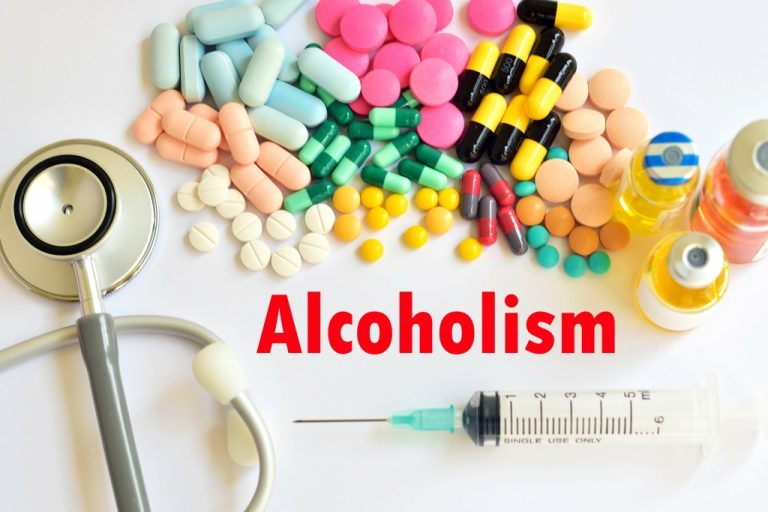
Eric’s Path to Sobriety and Housing
I know I am still just scratching the surface of how beautiful my life is going to be as long as I keep my recovery up front. The Process Recovery Center helped put me back on the right path so I could follow my dreams and achieve my goals. What people don’t see is how often the people from the Process lift me up outside the rooms. At the Process Recovery Center, the work never stops for them. I’ll be forever grateful for the Process Recovery Center, the twelve steps and, most of all, for a loving and caring God alcoholism symptoms who guides me continuously.
- Today, Mustaine uses his experiences to advocate for others battling addiction.
- Kirk Hammett, the lead guitarist of Metallica, has also navigated the challenges of addiction.
- I was free to drink and use it the way I wanted to.
- His wife and family believe the effects of Propecia led to his suicide.
- The journey to recovery becomes even more complex when addiction is intertwined with mental health issues.
Helping a Spouse During Addiction Treatment
He chose to move in a few days later, marking his first day of sobriety. That courageous decision to change his life was a turning point for Eric. In Stairway to Freedom, a Chicago sober living and recovery facility, Eric found the support and structure he needed to break free from his addiction.
Alcohol and Breastfeeding: Crucial Research Safety Expert Guidelines, Risks, and Evidence-Based Treatments.
After years of substance abuse and high-profile setbacks, Downey Jr. entered rehab and rebuilt his career and life. His journey shows how, with commitment, support, and treatment, you can turn even seemingly impossible situations around. At Stairway to Freedom, it is our mission to help others create their own success stories, just like Eric. If you or someone you love is struggling with addiction, please contact us today. We are here to help you begin the important journey into life-long recovery.
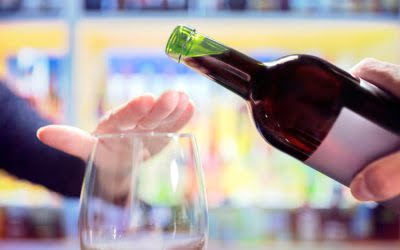
His wife and family believe the effects of Propecia led to his suicide. For me, the dichotomy of being gifted with adopted parents, after being given up by my natural parents, created conflict, confusion and uncertainty. I experienced great difficulty in forming healthy connections without the anticipation of being abandoned, rejected or disappointed again. Alex’s life became a rollercoaster of manic productivity followed by crushing depressive episodes. He lost jobs, strained relationships, and eventually ended up hospitalized after a particularly severe manic episode. Now five years sober, Sophia works as a domestic violence counselor, using her experience to help other survivors find healing without turning to substances.
Addiction Recovery Stories: Inspiring Journeys of Hope and Transformation
The solution I had found to deal with life had failed me. I had a miscarriage; I was so out of touch that I didn’t even know that I was pregnant. My University asked me to leave, and everything came to a halt. Jules’ alcohol use started affecting her everyday life. It hindered her from doing the things she loved and damaged her relationships with her loved ones.
- Perhaps most importantly, I needed people who shared my passion for helping others and my commitment to client satisfaction.
- Now when he comes home he is open, sensitive to others feelings, helpful, respectful, and a good listener.
- His experiences with addiction were compounded by personal struggles related to mental health issues such as anxiety and depression.
- Worst of all, porn affected his relationship with God.
- Rachel Hechtman, recovery advocate and sober life coach, celebrates 34 months of sobriety and shares her incredible recovery story.
Today, it continues as an independent daily online publication to bring best in class reporting to Houston. A perusal of Goulden’s Facebook page reveals a man who is somewhat Erics Recovery and Success Story tormented by the day-to-day tasks of touring. Because of the choice that Eric made and with the help of the people around him, he’s been able to completely transform his life. The most important part is for people not to feel alone.

